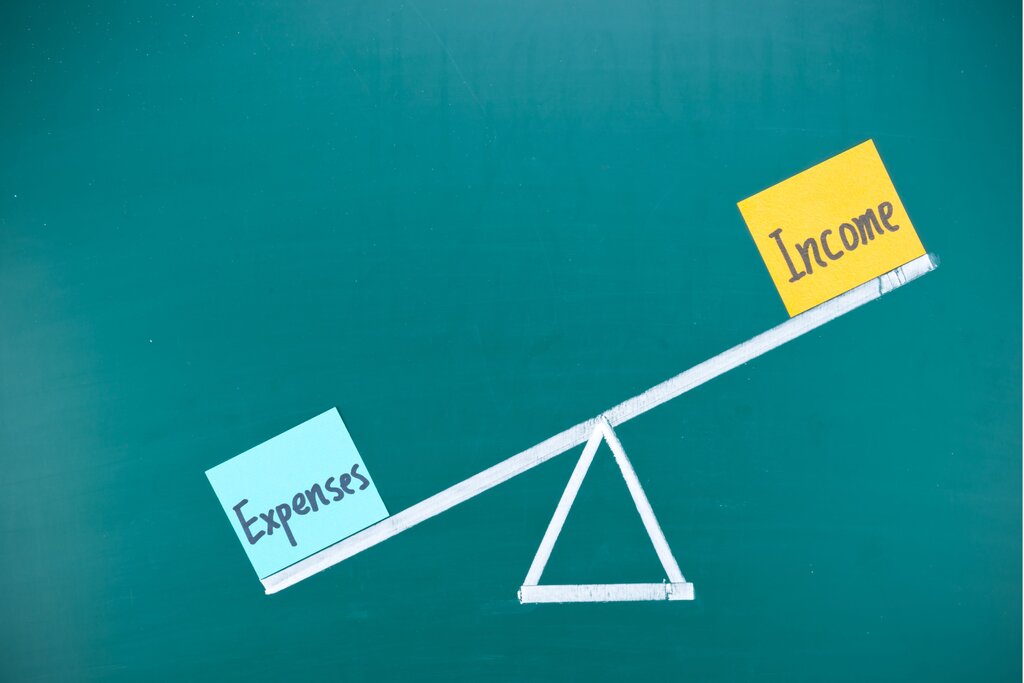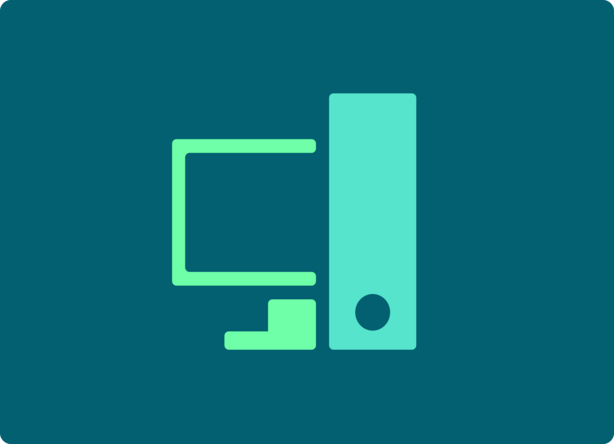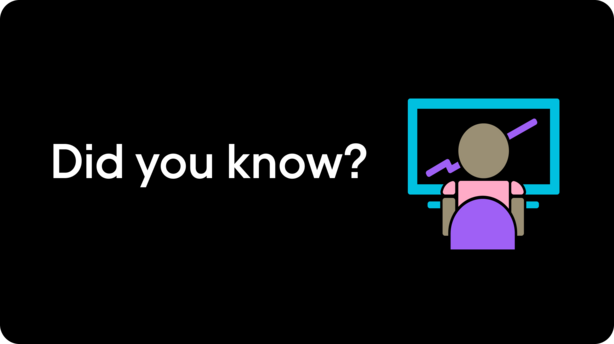Maximise Your Income by Claiming These Expenses

Running your own business as a self-employed sole trader in the UK presents certain financial advantages, particularly when it comes to claiming allowable expenses. These expenses can significantly reduce your taxable income, allowing you to optimise your profit margin. By understanding which costs you can claim, you can manage your finances more efficiently and ensure that you're only paying the tax you owe. For those keen to navigate these murky waters, the Pie Tax App and the expert tax assistants available on the Pie app can be invaluable tools.
Understanding which expenses are allowable is critical. Claiming the right expenses can enable you to invest more in your business, reduce operational costs, and ensure compliance with HMRC regulations. However, mistaking personal expenses for business expenses can result in penalties, so it's essential to get it right. Leveraging the guidance from the Pie Tax App can clarify any confusion, making the process less daunting.
In this article, we will delve into the primary categories of expenses you can claim, backed by helpful tips and precise estimations to keep your finances in optimal shape. Let’s explore the nuts and bolts of making the most of your allowable expenses.
Travel and Accommodation Costs
One of the most common expenses for self-employed individuals is travel. If your work requires you to travel extensively, these costs can quickly add up. You can claim expenses for train tickets, flight costs, car hire, and mileage on your vehicle for business-related trips. Even accommodation expenses, such as stays in hotels during business trips, are claimable. Make sure to keep all receipts and records of your journeys. It's crucial to differentiate between personal and business travel to avoid complications.


Office Costs and Equipment
Setting up a home office involves initial setup costs and ongoing expenses that can be claimed. This includes utility bills, rent, and internet costs proportionate to your business use. Having a dedicated space for your business activities can make it easier to claim these expenses. Office supplies, such as stationery, and equipment like computers, printers, and ergonomic furniture, are also claimable. These costs need to be directly related to your business. Regularly updating your equipment can improve your productivity, and claiming these expenses can make such upgrades more financially viable.

A significant 45% of self-employed individuals in the UK claim a portion of their home utility bills, such as electricity, heating, and water, as business expenses. Ensure you apportion personal and business usage accurately.Utility Costs

A survey highlighted that 42% of sole traders invest in online advertising to grow their business. Marketing costs, including website maintenance and business cards, are fully tax-deductible, helping to expand your customer base.Marketing Expenses

Key Professional Services
Professional services, including solicitors, accountants, and consultants, often play a significant role in business operations. The costs associated with seeking legal advice, outsourcing tax services, or hiring consultants can be claimed as allowable expenses.
These professional fees can be substantial but are often indispensable for business growth and compliance. Dedicated professional services can also provide you with essential insights, enabling you to focus more on your business operations rather than getting bogged down in administrative tasks.
Training and Development
Continuous learning is a cornerstone of business growth. Investing in courses, workshops, or certifications that enhance your skills or knowledge related to your business operations can be claimed as an expense.
Such investments not only improve your expertise but can also help you diversify your services, thus attracting a broader client base. Always ensure the training is directly relevant to your business to meet HMRC guidelines.

Top Tips for Maximising Expense Claims

Claim a portion of your household expenses if you work from home. This includes utilities, internet, and rent or mortgage interest.Home Office & Utility Costs

Deduct the costs of marketing materials, website maintenance, online advertising, and other promotional activities essential for attracting clients.Marketing and Advertising

Claim expenses for business-related insurance policies, such as public liability, professional indemnity, and business equipment insurance.Insurance Premiums

Fun Fact About Expenses
In the UK, sole traders can claim expenses for uniforms, but only if they are branded or protective. This expense is often overlooked. Be sure to keep your receipts in order to remain compliant!
Practical Tips for Managing Claims

Accurate record keeping is essential for successfully claiming expenses. Keeping digital records is not only a good backup but streamlines the process during tax submission.
Using software and apps for tracking can simplify the process, making it easier to keep your records organised. The Pie Tax App offers a user-friendly interface for managing and submitting your expenses, ensuring maximum claims while staying compliant with HMRC regulations.

Proper organisation is key for stress-free tax returns. Set aside time each month to review and categorise your expenses. This regular practice ensures you don’t miss out on any deductions. Utilising the Pie Tax App for real-time tracking can aid in staying organised, and consulting expert tax assistants available on the Pie app guarantees you’re capturing all eligible expenses, simplifying the HMRC tax submissions process.Stay Organised

Receipts serve as proof of purchase and are crucial for justifying your claims to HMRC. Ensure you save every receipt related to business expenses. Digital storage solutions within the Pie Tax App can help keep them secure and easily accessible. Moreover, consistent record-keeping with up-to-date receipt management will save you time and reduce stress during tax season. Regularly upload your receipts to stay ahead of the game.Save Those Receipts
Summary and Conclusion
Optimising your profit as a self-employed sole trader requires diligent expense management. By understanding and claiming allowable expenses, you can significantly reduce your taxable income, making room for greater business investments. Key expense categories include travel and accommodation, office costs, and professional services, among others.
Utilising tools like the Pie Tax App aids in maintaining accurate records and ensuring compliance. Investing in training, reviewing your finances periodically, and leveraging digital tools are practical steps in managing your expenses effectively. Ultimately, optimising expenses not only reduces tax liabilities but also drives your business growth and profitability.











